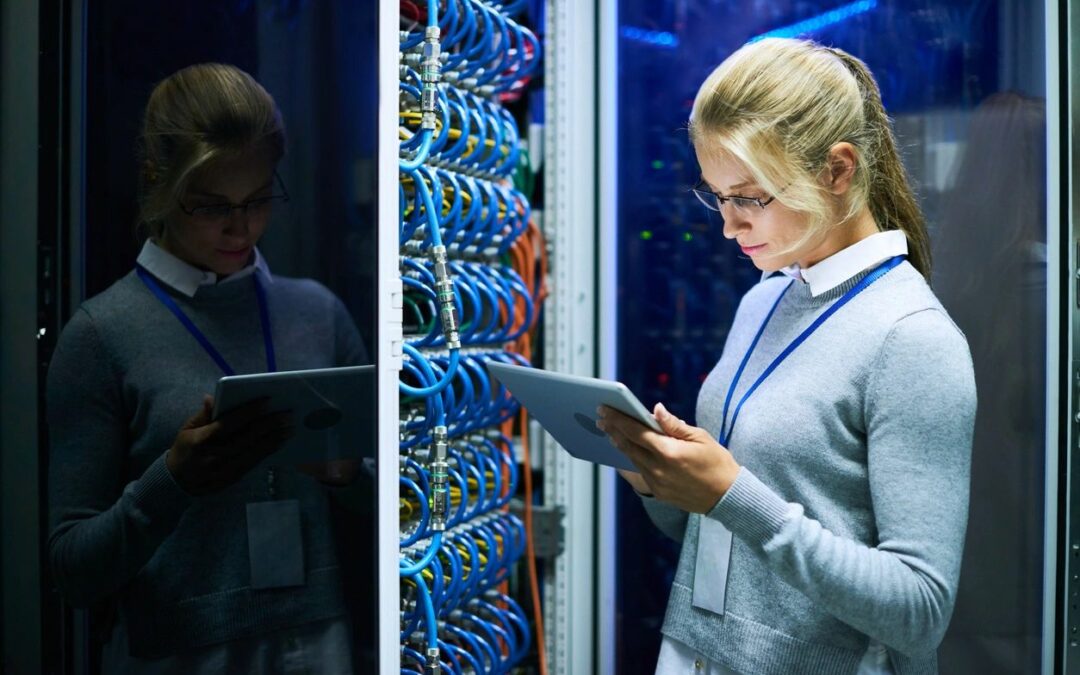Tech and Education-Interview with Prof. Jean Arnaud, educational expert and founder of Open Mind, virtual school
Michaela Jamelska, a Member of the Hub, interviewed the professor J. Arnaud who has teaching experience from a primary, secondary, high school and University from all around the world and most recently from the school close to Silicon Valley, what are current technology trends in education and what is the impact of technology in education.
Could you please introduce yourself?
Hi, my name is J. Arnaud and I have been a teacher for more than 15 years I worked at the university, in the secondary and primary schools in France and abroad, in Eastern Europe, in the Pacific Islands and in the United States close to Silicon Valley. Based on my experience I can tell that technologies serve very effectively in various forms when comes to education and that technology offers an interesting perspective to rethink the school of the future as a more dematerialized space. This is why I decided to create a virtual school, Open Mind.
What are the current technology trends in education?
The technological advancements that we can see in education nowadays are extremely promising for the future. To mention a few, the development of virtual and augmented reality which brings more visual-based approach for example in history; the development of more user-friendly, ergonomic software and applications such as a garage band or I-movie that allow students to create high-quality projects; learning platforms like Khan Academy that enable students to work independently and at their own pace; and implemented artificial intelligence that drives education to a more personalized teaching.
How technology is transforming the way you teach nowadays?
The technology has enabled me to significantly enrich my teaching practices especially with projects that were difficult to execute before. For example, with technology, I can go beyond classic activities such as writing. In the class with new programs, we can do a film production, or instead of presentations, students learn how to make video documentaries. My teaching is also more individualized than before. For example, I can correct the homework of my students in real time by connecting their tablets to my laptop. Working with students who suffer from dyslexia, I can answer certain specific questions in a much better way by using speech recognition software and audiobooks.
Does technology improve your methodology in the classroom?
New technologies definitely facilitate learning as well as improve methodology. The technology should be seen as a tool for progress rather than the complete substitution of great teaching. For example, Google is an amazing search tool, but we also have to teach students not
only how to use Google, but also how to do research, verify resources of information, and effectively implement critical thinking.
Are students familiar with technology trends?
It is not surprising that almost all students now know how to use computers. However, when it comes to the use of specific software like Garage band or I-movie, Word, Excel, PowerPoint, Photoshop, some of them still struggle and it is necessary to teach them to
use their different functionalities. Therefore, it is absolutely essential that teachers are well skilled when comes to teaching students how to use different technologies.
How do you imagine the classroom of the future and will AI affect it?
I imagine a school less conventional thanks to the contributions of the new technologies and definitely, the rise of virtual schools focused on the development of individuals. Any well-functioning society is formed by conscious, mindful and responsible individuals. It is also a matter of developing a general culture, analytical and critical skills, artistic qualities, and awareness for a collaborative work – it is important for an
individual to know how to work with his/her peers, how to interact with them, and how to act and build for the good of all. It is essential to challenge students and teach them how to actually cope with these challenges. Students will have an even wider variety of lectures. What more, they will be not just able to participate in more tech-driven and virtual lessons but they will also be able to see in real time their progress orchestrated by artificial intelligence.
Will the implementation of technologies in education reduce inequalities?
Absolutely; some children who have difficulties in traditional classes can thanks to the new technologies work at their own pace and respond to their own problems. Children who live very remotely or experience phobias related to the school environment can follow courses from home as for example on my open-mind virtual school platform. Technology also offers lectures that are not yet in their schools close to their homes. Today you only need to have a computer and connection to receive an education, which is absolutely extraordinary. You know education is transforming: teaching can change a life … and life can change the world.







Commentaires récents